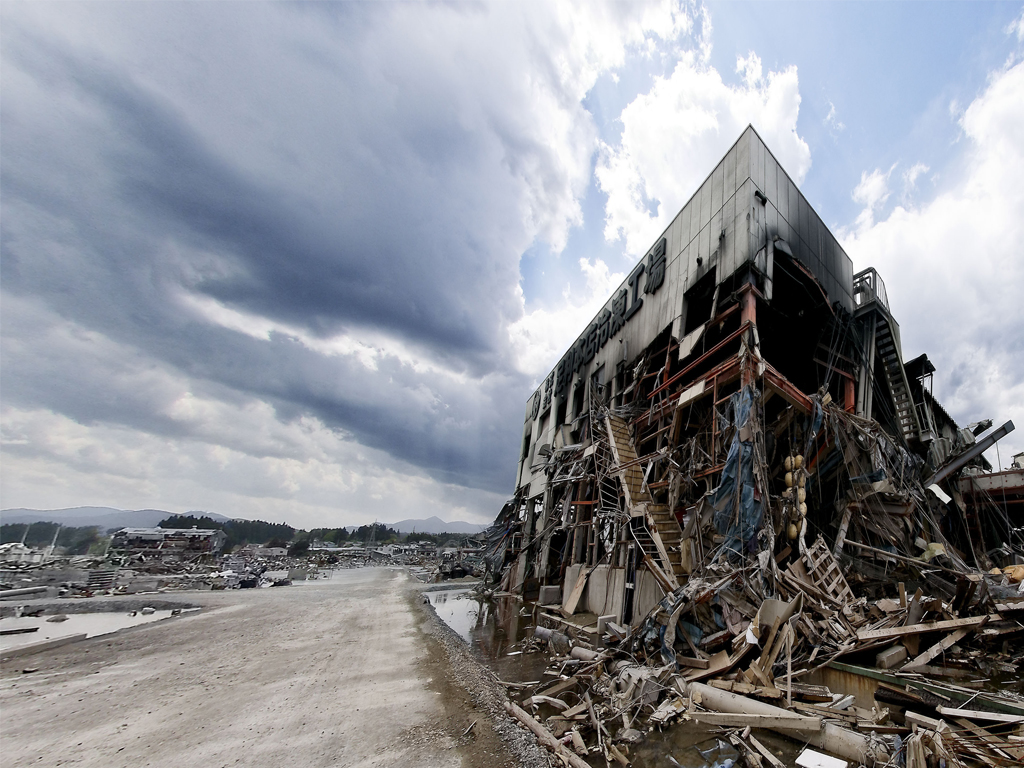
The aftermath of earthquakes - what happens after the tragedy
Damage, isolation, aftershocks: the consequences of earthquakes
If there is one event for which one always has a developed a certain fear, it is the earthquake. Earthquakes can pop up anywhere, whether in the deepest seas or even in areas completely removed from the most populated ones. A recent example is the earthquake that, unfortunately, struck Morocco. The real fear of these disasters is that they cannot be predicted, which is why they strike such terror. When the tremor arrives, one has little time to react. A house or structure can fall in a matter of moments if the earthquake is powerful enough. There is no certainty when an earthquake strikes.
But what happens in the aftermath of an earthquake?
One of the most direct consequences of an earthquake is of course the damage it can do to any structure or house. It is clearly an event that can cause repairable damage or completely destroy everything. Many people are often left homeless and it is only thanks to the work of rescuers that they manage to get a meal and shelter to spend the night. In other cases they have to pay very high costs to restore the condition of the building. This damage is therefore very substantial economically, and in some cases can have a very important impact on people’s lives. Generally, it is the fire brigade who is in charge of analysing the structures, with, if necessary, the support of other professionals.
Entire communities cut off from the world
Some earthquakes can destroy entire communities. After the destructive wave of the quake has passed, there may be hundreds of families without a home. Of course, institutional buildings can also be destroyed by the earthquake, cutting off important communications with the state and other important infrastructure. Hospitals may be destroyed or severely damaged, and an ambulance may not be able to reach the people to be rescued. For these reasons, special vehicles, such as four-wheel-drive off-road vehicles, and training to know how to use them in extreme conditions are essential.
Other shocks may come in the wake of the last event
The sad truth is that in addition to not being able to find a way to predict when and how an earthquake will strike, there is also no way of predicting whether, for example, there will be other heavy shocks. Aftershocks exist but can never be predicted in their severity. That is why one almost never remains calm after an earthquake: there may be aftershocks or other tremors afterwards. However, after such an emergency, there can always be a rescue vehicle on the alert for some time.


